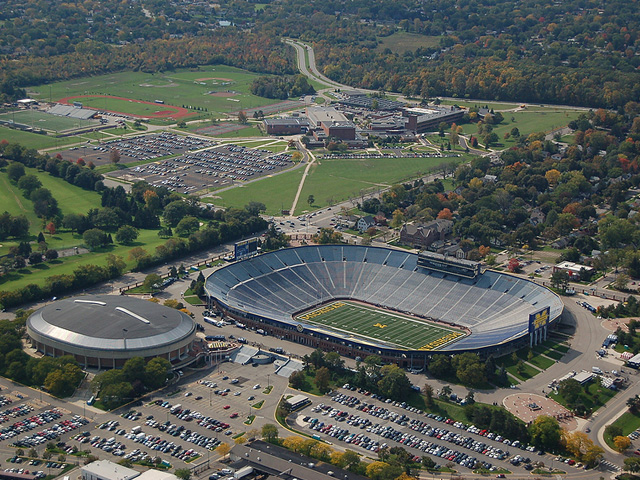Veterinary medicine is the application of medical, diagnostic, and therapeutic principles to companion, domestic, exotic, wildlife, and production animals. Veterinary science is vital to the study and protection of animal production practices, herd health and monitoring the spread of disease. It requires the acquisition and application of scientific knowledge in multiple disciplines and uses technical skills directed at disease prevention in both domestic and wild animals.
The economic outlook for newly graduated veterinarians is clouded by the high debt level carried by many graduates, as the cost of veterinary medical education rises. As in other medical fields, new veterinarians tend to concentrate in urbanized areas and economic competition is limiting post-graduate opportunities in private practice. On the other hand, veterinarians are able to set-up successful new practices in established markets by providing special services such as an emergency and critical care clinics for pets and mobile veterinary clinics or by obtaining advanced training and certification in specialty fields of medicine.

















